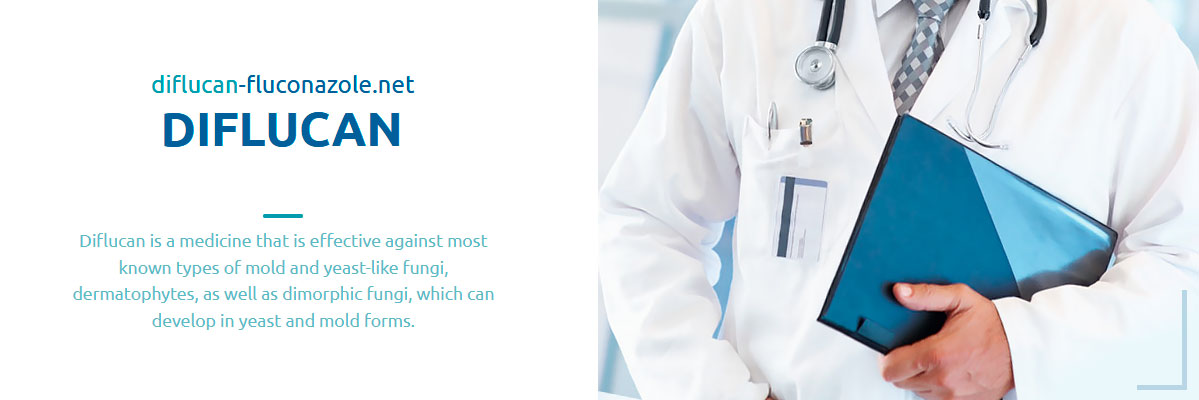Eczema is one of the acute or chronic skin diseases. The disease is allergic in nature. The term “eczema” was used in ancient times – then it was used to denote a different type of dermatitis. Modern medicine distinguishes this disease into a separate category of skin diseases, the main symptoms of which are localized inflammatory rashes in various parts of the human body, accompanied by itching and burning. The nature of the disease is incurable, recurrent.
General information
There are no obvious causes of eczema to date. It is generally accepted that the disease is multifactorial, and the basis for its appearance is a genetic predisposition. Factors that trigger the onset of the disease are divided into external (chemical, physical, thermal) and internal (diseases of various organs and impaired functions of the body’s systems). Depending on these reasons, the location, as well as the nature of the various manifestations on the skin, forms of eczema are:
– true (idiopathic) – accompanied by a rash of microvesicles (vesicles);
– microbial, which can occur at the site of infected wounds;
– mycotic (the result of an allergy to fungal infections);
– seborrheic and others (occupational eczema, dyshidrotic eczema, tylotic or horny, varicose, sycosiform).
The treatment of eczema is a rather complicated and lengthy process. Previously, if eczema occurred , ointments for its treatment were not presented in such a wide assortment as in our time, so it has become a little easier to deal with this disease today.
External drug treatment
When eczema begins , ointment- corticosteroids are one of the most common and affordable means of controlling the symptoms of the disease. They are of two types: hormonal and non-hormonal. External drugs can be purchased at any pharmacy, as prescribed by a dermatologist, or without a prescription. However, it should be remembered that any treatment should be started only after consultation with a specialist.
As an example, we give several types of medicinal hormone-containing and non-hormonal ointments, which are often used to successfully treat eczema. Hormonal corticosteroids include:
· Hydrocortisone ointment – very well eliminates irritation and swelling; contraindicated in diseases of an infectious nature.
· Prednisolone ointment – has a pronounced antiallergic effect. The course of treatment is no more than two weeks. To protect yourself from unwanted side effects, you must either cancel or change the drug to another after the specified time.
Soderm is another corticosteroid drug. It very well relieves discomfort, itching and pain accompanying eczematous manifestations on the skin. It has a fairly large list of contraindications, as a result of which the drug must be used exclusively as directed by the attending physician. You can use the ointment only 3-4 times a week. Contraindications: syphilis, acne, smallpox, tuberculosis.
Non-hormonal ointments:
· Dermasan – a product that is a clear solution. It is used in the early stages of the appearance of signs of the pathology of the disease of eczema. Ointments are applied by rubbing into clean skin. Contraindications: allergic reactions to the components of the drug.
Skin-cap is one of the most common ointments for eczema. Having an antifungal and antiseptic effect, the ointment is very effective for an infectious disease. Duration (course) of treatment is up to two weeks. The tool has virtually no contraindications and does not cause negative consequences.
· In the initial stages of eczema, you can also use the Aurobin, which is an excellent way to heal cracks and damage on the epithelium.
In addition to the medical treatment of eczema, as a prevention of possible relapses, it is necessary to observe certain rules of behavior in everyday life. So, do not wear synthetic or woolen underwear for eczema. You should not eat a lot of eggs, milk, fatty and spicy foods, sweets. The diet should have a sufficient amount of vitamins and minerals. Since the disease can cause complications, patients need to visit a dermatologist regularly.
